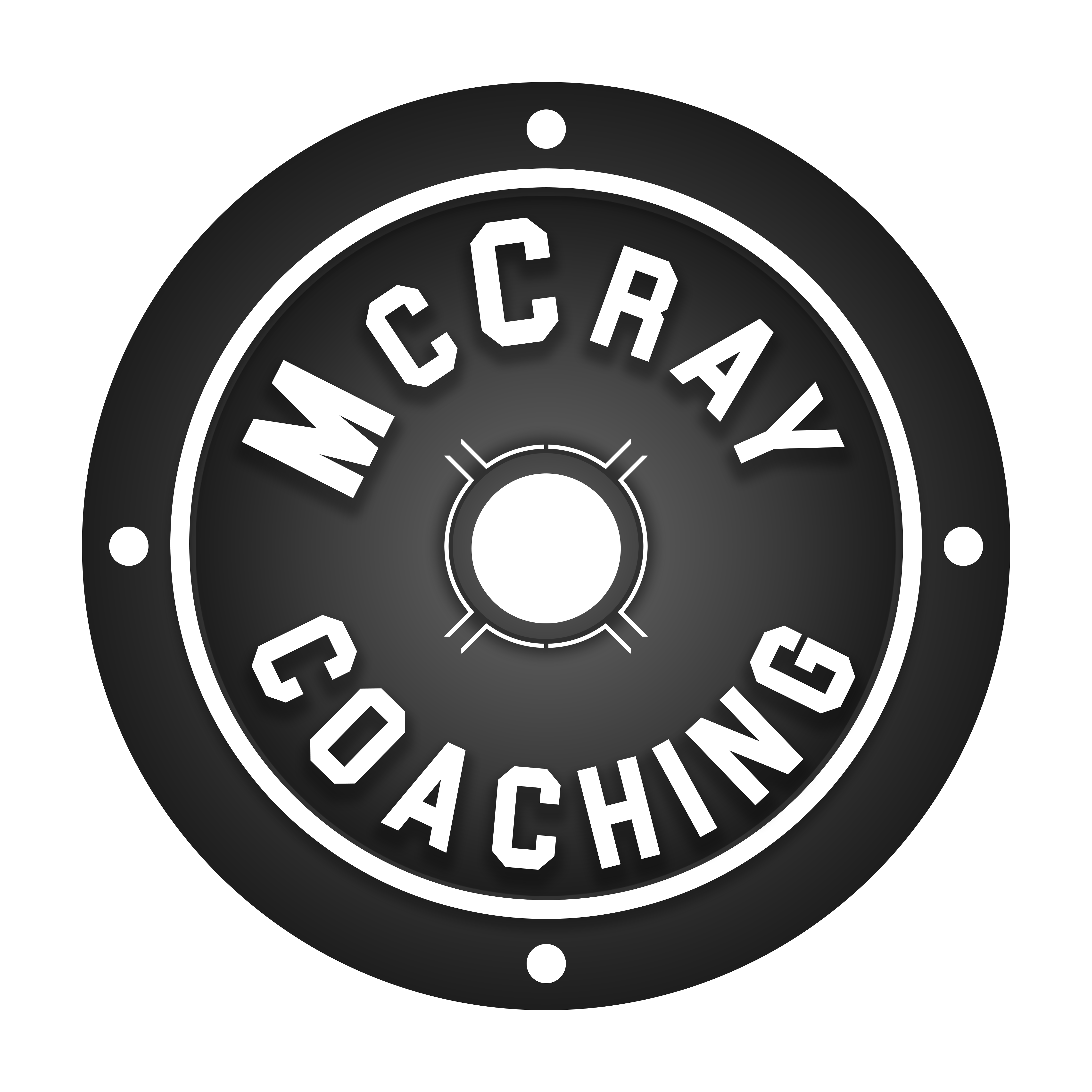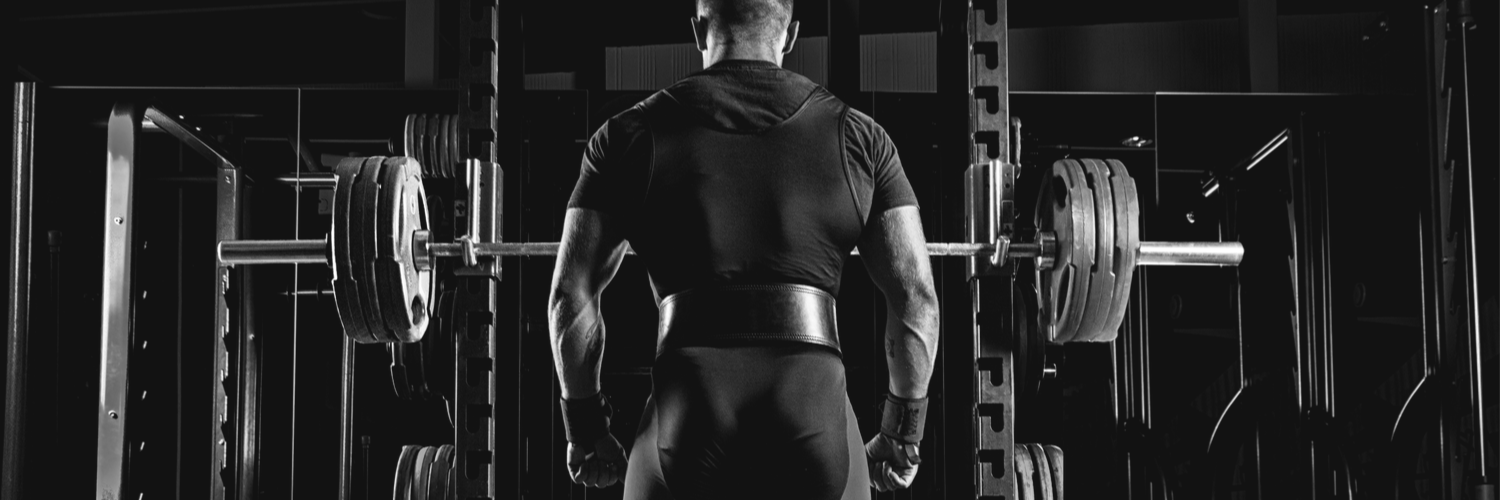Very often, articles written by professionals in the fitness industry are centered around training or nutrition. Likewise, as a coach, the vast majority of the discussions I have with my clients stem from questions about one of these two areas. Unfortunately, one area that I think we may all be guilty of not trying to adequately understand is the topic of recovery.
There are a number of reasons why this may be true. One, in the hyper-competitive environment of the fitness industry, I think there is a wide-spread proclivity to take pride and find identity in how hard we work, how hard we train, how much we are willing to suffer, etc. I’m not saying that we shouldn’t be self-disciplined and proud of our work efforts, but this can be taken to an unhealthy level. When you’re consistently taking on more work, (training harder, etc.) just for the sake of doing more work (or for impressing your friends and social media followers), maybe you should re-evaluate your priorities. Certainly, sacrifice and suffering are part of any hard-sought goal, but let’s try to keep the goal in mind, ok?
Two (and this is not unrelated to reason One), I think there is a reluctance to admit that we ALL have limitations. Whether those limitations are physical, mental, or emotional, there is a propensity to equate the need for recovery with some kind of weakness. I know that I am guilty of both of these tendencies, and I know more than a few people who would probably have to admit the same.
Now, let me be clear. I am not excusing a lack of dedication or a lack of effort. I am writing this series of articles from the position that I assume that you are dedicated to your goals and that you are pursuing them with your best efforts. I realize that this is a big assumption, but if it IS actually true for you, the purpose of this series is to challenge you to be more mindful about the need for adequate recovery.
Simply put, adequate recovery is necessary in order to achieve our fitness goals, regardless of the goal, whether those goals are gaining muscle or losing fat. Muscles don’t grow while training. True, muscles will grow as an adaptive response to training, but only if the muscles have an opportunity to repair from the damage done while training.
If fat loss is the goal, the body also needs to be given a chance at recovery. Cortisol, a hormone that is part of the body’s response to stress, is the enemy of fat loss. If our fat loss strategy is to just do more and more work (or eating less and less food), without being mindful of recovery, the body natural response will be to resist those additional efforts.
That being said, the next several articles will be focused on one or more of the following aspects of the topic of recovery:
Sleep
Training intensity and volume
Macronutrient intake and timing
Pre-/Intra-/Post-workout nutrition
Stretching and other recovery techniques
Managing stress levels
Knowing your own individual needs for recovery
Signs of poor or inadequate recovery
I hope that you will find this topic to be interesting and the articles in the coming weeks to be useful (and perhaps challenging) as you continue to pursue your goals.


